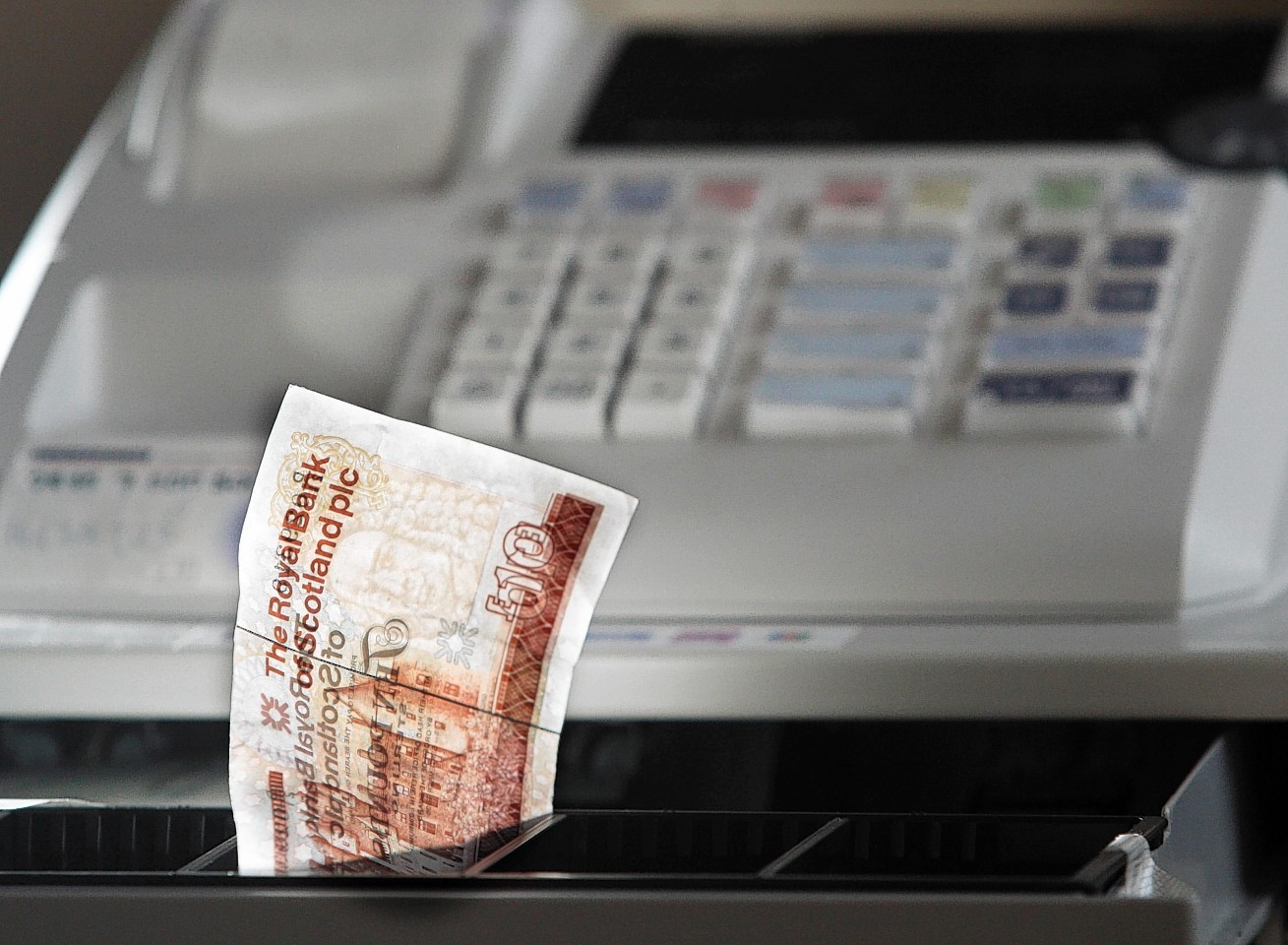A think-tank says its blueprint for a new digital currency for Scotland, the ScotPound, will generate an extra £200milion in tax revenue north of the border.
The New Economics Foundation (NEF) outlines its radical ScotPound proposal in a new report published today.
It says its idea – developed in partnership with the Common Weal project for a healthier, wealthier and more equal Scotland – would mean lower costs for businesses, help people without bank accounts and deliver the world’s first public not-for-profit payment system.
NEF proposes that every Scottish citizen should get 250 ScotPounds (S£) to kick start the scheme.
A new public-interest institution, BancaAlba, would become the sole issuer of the new electronic money under the plan.
NEFs report – ScotPound: digital money for the common good – also says Scotland is perfectly placed to create a new digital currency, because of its “defined economic and physical area”, strong national identity and devolved parliament.
The system proposed would be free to use and operate alongside the existing sterling payment system.
Transactions would be done via mobile phone text messages or apps, online or using voice recognition software.
Everyone on Scotland’s electoral register would have an account opened with BancaAlba and receive S£250 on either their 16th or 18th birthday, the report proposes.
The think-tank says this would add around S£15million to the money supply each year, while the creation of new ScotPounds would not add to the debt burden of either the Scottish Government or UK economy.
“No pounds sterling would need to be borrowed or set aside to create the new currency,” it says, adding the operating costs of the system – an estimated £3milllion – could initially be covered by the Scottish Government.
Speaking last night, NEF economy and finance researcher Duncan McCann said: “Last year’s independence referendum kick-started an important debate on Scotland’s relationship with sterling.
“Even under devolution, Holyrood has the power to transform Scotland’s monetary system.”
“A new currency and payment system like ScotPound would operate alongside pounds sterling, supporting small and medium businesses and putting money in the pockets of those currently excluded by the financial sector.”
Common Weal director Robin McAlpine added: “In an era of non-standard monetary policy, this is a comparatively modest proposal which would let Scotland create a serious injection of money into the Scottish economy via the pockets of Scottish citizens.
“A digital currency is the kind of idea a modern, innovative and entrepreneurial government should be exploring. The process would also be instructive for a nation which might conceivably one day have to create its own currency.”
London School of Economics Professor Nigel Dodd said the proposal was “an extremely timely and welcome intervention in current debates about the way our monetary system is governed and organised”.
